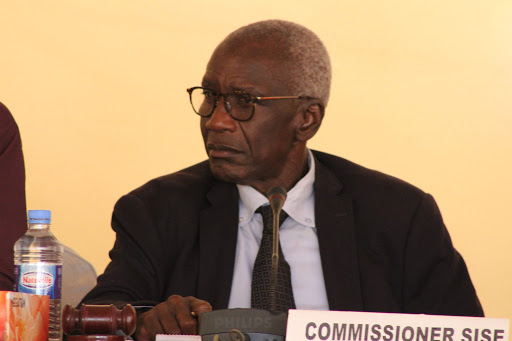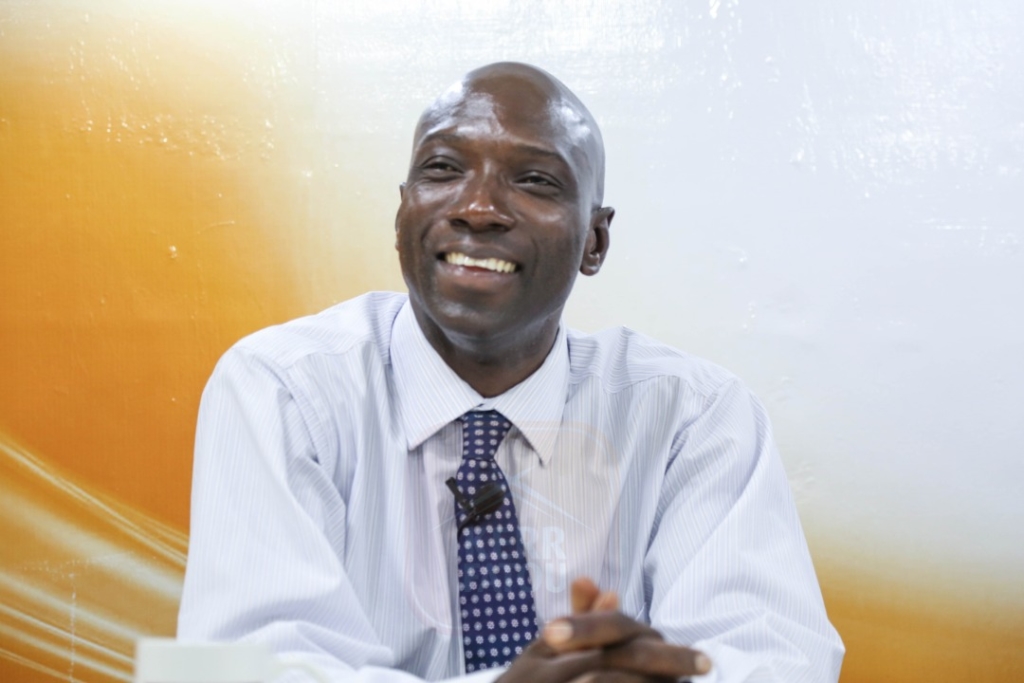Gambians, through the Truth, Reconciliation and Reparations Commission, Friday ended public hearing of 392 witnesses.
Within the 871 days, commission headed by Chairperson Dr. Lamin J. Sise, heard atrocities and other human rights violations detailed by witnesses committed under the watch of ex-President Yahya Jammeh. These were arbitrary arrests, unlawful detention, unlawful killings, torture, enforced disappearances, sexual and gender-based violence, inhuman and degrading treatment witch-hunting, fake HIV/AIDS treatment and general and widespread abuse of public office.
“When the Commission began its work, it decided that its public hearings will be transparent and broadcast live for all to see and hear the truth in real time. There is nothing better than telling the truth in the open.”
During the 871 days, The Gambia and, indeed, the world heard from 392 witnesses, the majority of whom were victims of atrocities meted out to them by the state, its agents or individuals sponsored by both.
The witnesses appearing before the Commission also included self-confessed perpetrators,” said Chair Sise.
He said the testimonies heard during the 871 days of public hearings brought pain and bewilderment to the population.
“They could not believe that the atrocities they were hearing from witnesses could occur in their country. A land of peaceful coexistence! A society imbued with tolerance of the highest order! They could not believe that innocent and ordinary citizens and other nationals found in the territorial jurisdiction of The Gambia, many murdered in cold blood, would be victims of the atrocities narrated,” he pointed out.
He also said the commission of these atrocities by Jammeh and his cohorts achieved the desired effect of instilling fear among the Gambian population, revealing it also gave them time and space to pillage the resources of the country.
“The phenomenon of leaders of military coups civilianizing themselves was rampant in the sub-region of West Africa. These leaders rigged and held farce elections to perpetuate their rule. The Gambia became a collective victim of this phenomenon.
“Witnesses have testified before this Commission that structures that underpin good governance, e.g. respect for the rule of law and independence of the judiciary, were virtually non-existent during the twenty-two year Jammeh rule.
“Yes, Jammeh is gone; the killings by state agents have stopped; torture is no longer sanctioned by the state; Junglers have dispersed, some in foreign lands while others stayed to confess their misdeeds. The folly of ruling The Gambia for a billion years abruptly and ignominiously ended in twenty two years,” he pointed out.
He added: “The crocodiles in Kanilai lay submerged in a dirty pond while the peacocks in Jammeh’s palatial grounds cry out ceaselessly and purportedly for their departed master. The chaos we recently saw at these grounds in Kanilai must not be the chaos in our country in the wake of the demise of the Jammeh regime.”
“Our collective effort to build a new and better Gambia must not and I earnestly believe will not be squandered. The foundation stone for a stronger Gambia: the Draft Constitution seems, however, for the moment to be stuck in a limbo. We must confront our recent difficult history in order to establish a new governance and sustainable structure to move the country forward to take its rightful place among developed societies.”
He also stated: “As we close this important chapter of the Commission’s work, i.e. the public hearings, I take this opportunity on behalf of the Commissioners, the Legal Team and all staff of the TRRC to express our most sincere gratitude to all Gambians and members of the international community – especially the UN Peace Building Support Office, UNDP-Gambia, the OHCHR, ICTJ, the Institute for Integrated Transitions and International Idea – for their unflinching support over the past three years.”
He said this Commission could not have achieved the kind of success it did “without the support and encouragement we got from everyone and the admirable cooperation of the victims, the victims’ families, and some of the perpetrators who volunteered invaluable evidence to the Commission.





